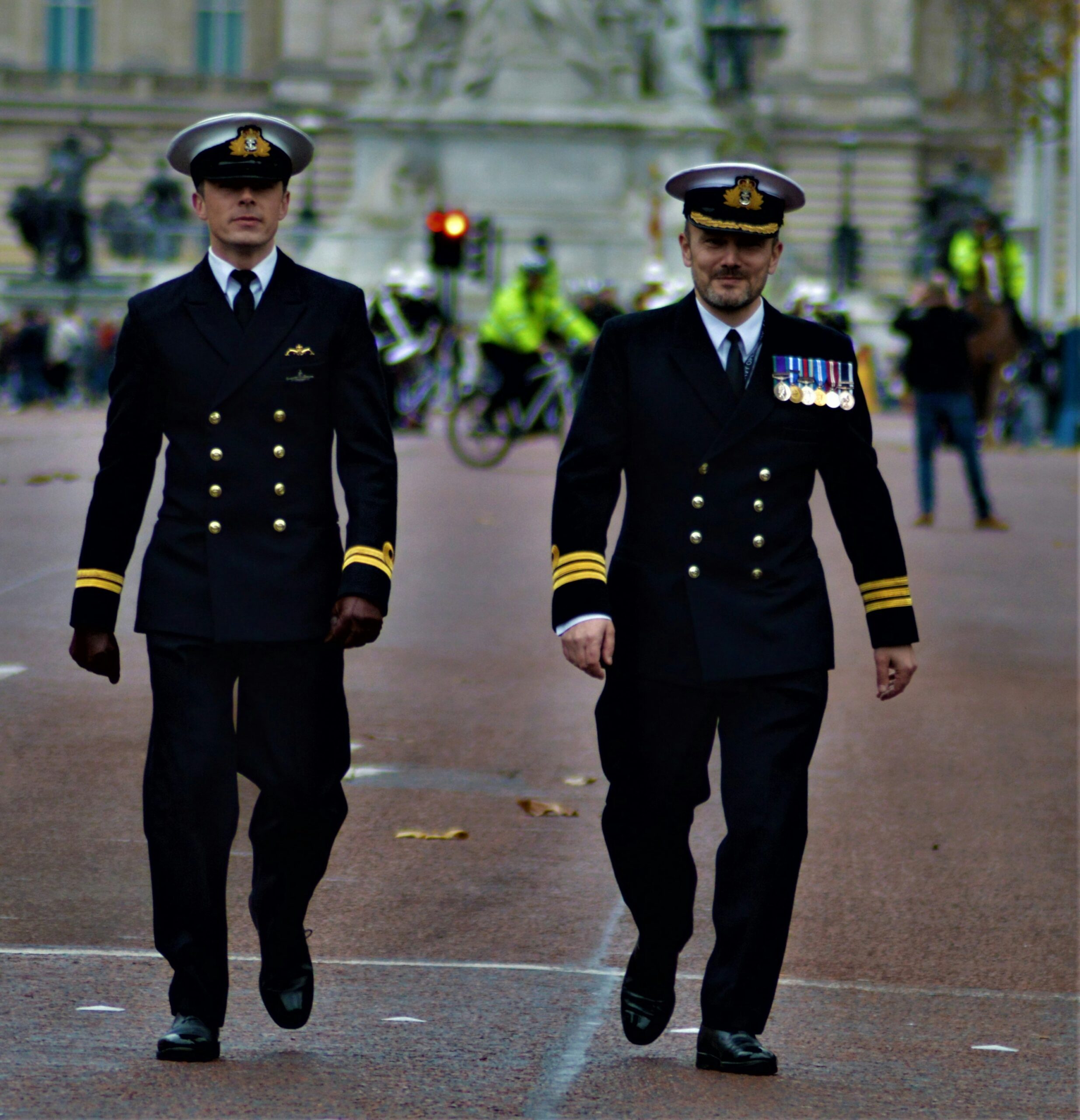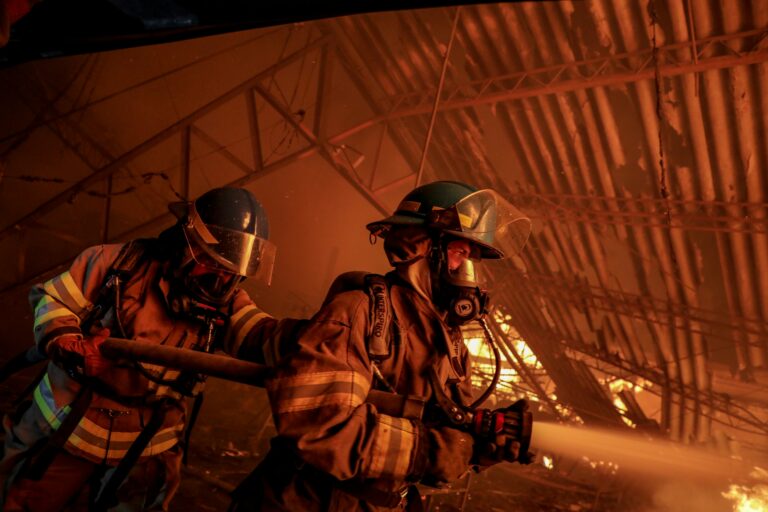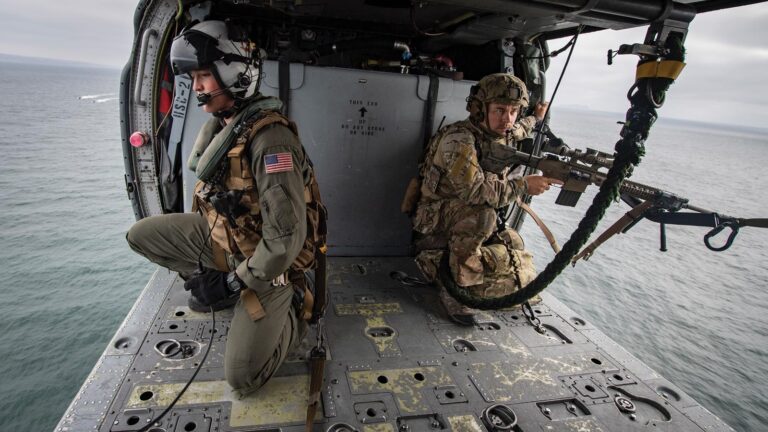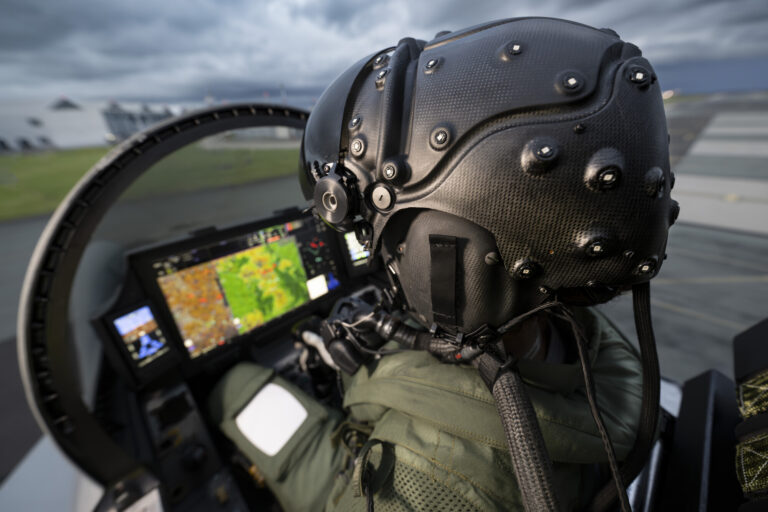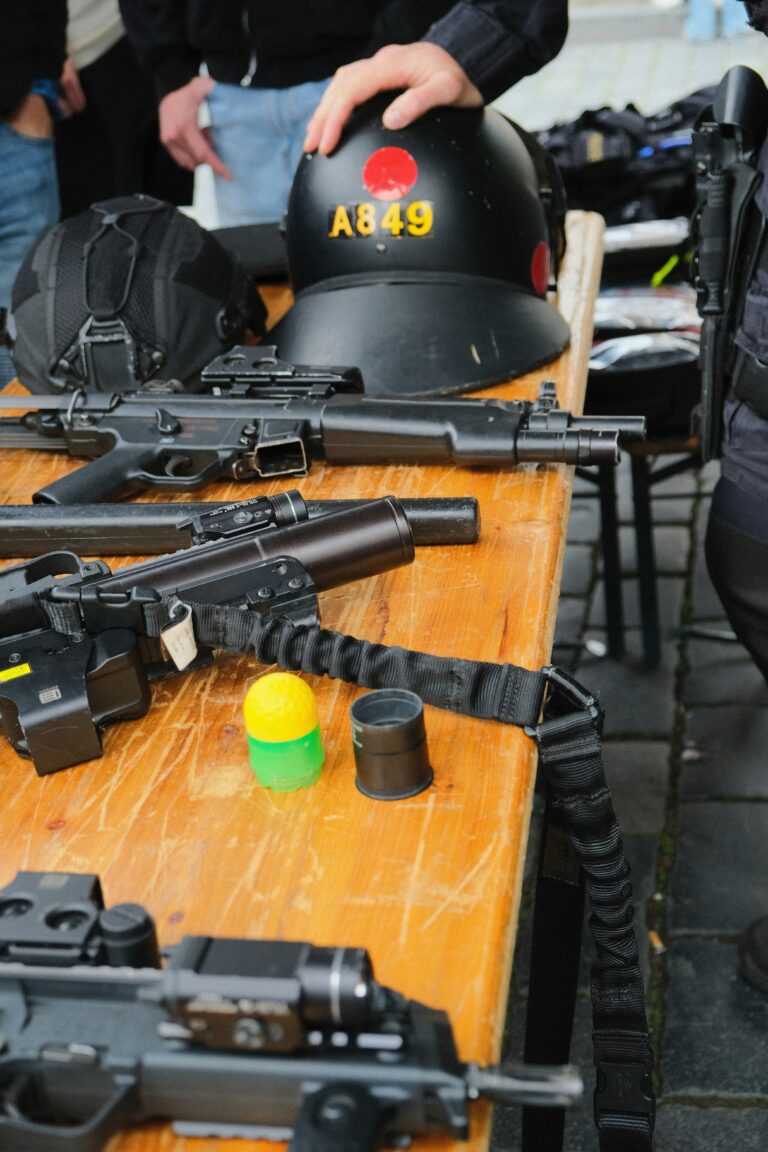Cyber Warfare Specialists in the British Armed Forces
Introduction
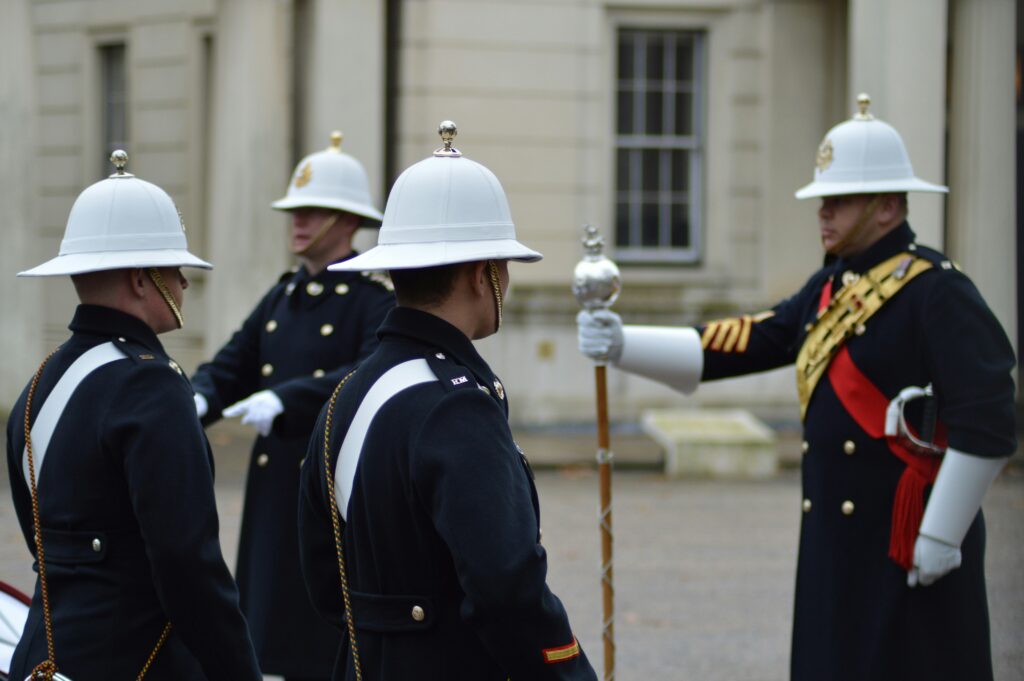
Modern warfare is no longer confined to land, sea, and air. Today, cyberspace is a frontline battlefield — where wars are fought with code, servers, and algorithms instead of bullets and bombs. At the heart of this battlefield are the UK’s Cyber Warfare Specialists: elite digital operatives tasked with defending the nation from digital threats and launching cyber operations against adversaries.
This article explores the vital — and secretive — world of British cyber warfare, the specialists behind it, their training, duties, and strategic importance to national security.
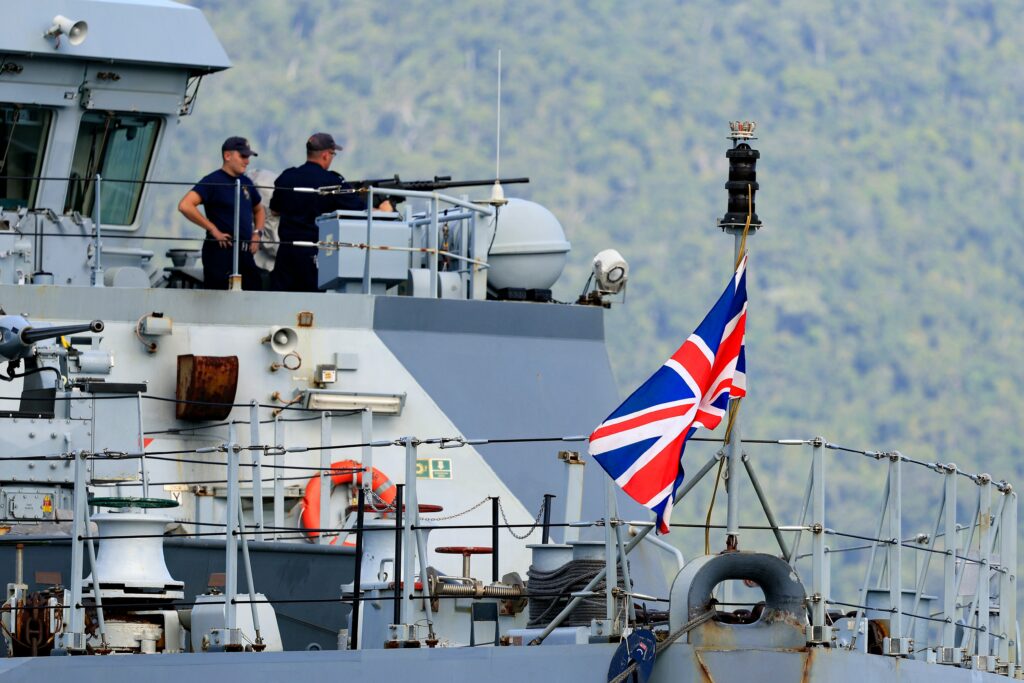
What is a Cyber Warfare Specialist?
A Cyber Warfare Specialist (CWS) is a highly trained operator responsible for both defensive and offensive cyber operations in support of UK military objectives. Their work ranges from protecting classified military networks to disrupting enemy communications or infrastructure.
Cyber warriors may work in:
- British Army Cyber Regiment
- Royal Air Force No. 591 Signals Unit
- Royal Navy Information Warfare Units
- National Cyber Force (NCF) — a joint MOD-GCHQ unit
Their roles are varied but often include:
- Penetration testing and network forensics
- Developing custom malware for offensive use
- Countering state-sponsored cyber attacks
- Conducting real-time digital surveillance
- Electronic warfare (EW) and jamming operations
- Supporting intelligence and special forces missions
The Birth of the UK’s Cyber Force
Recognising the rise of digital threats, the UK formally launched its National Cyber Force (NCF) in 2020 — a collaboration between the Ministry of Defence, GCHQ, MI6, and Defence Science and Technology Laboratory (DSTL).
This new military branch has enabled offensive cyber campaigns against:
- Terrorist recruitment networks
- Hostile foreign interference (e.g. Russia, North Korea)
- Digital infrastructure supporting adversary operations
In 2023, the UK also expanded the 13th Signal Regiment, a cyber-focused Army unit composed of regular and reserve specialists working across domains.
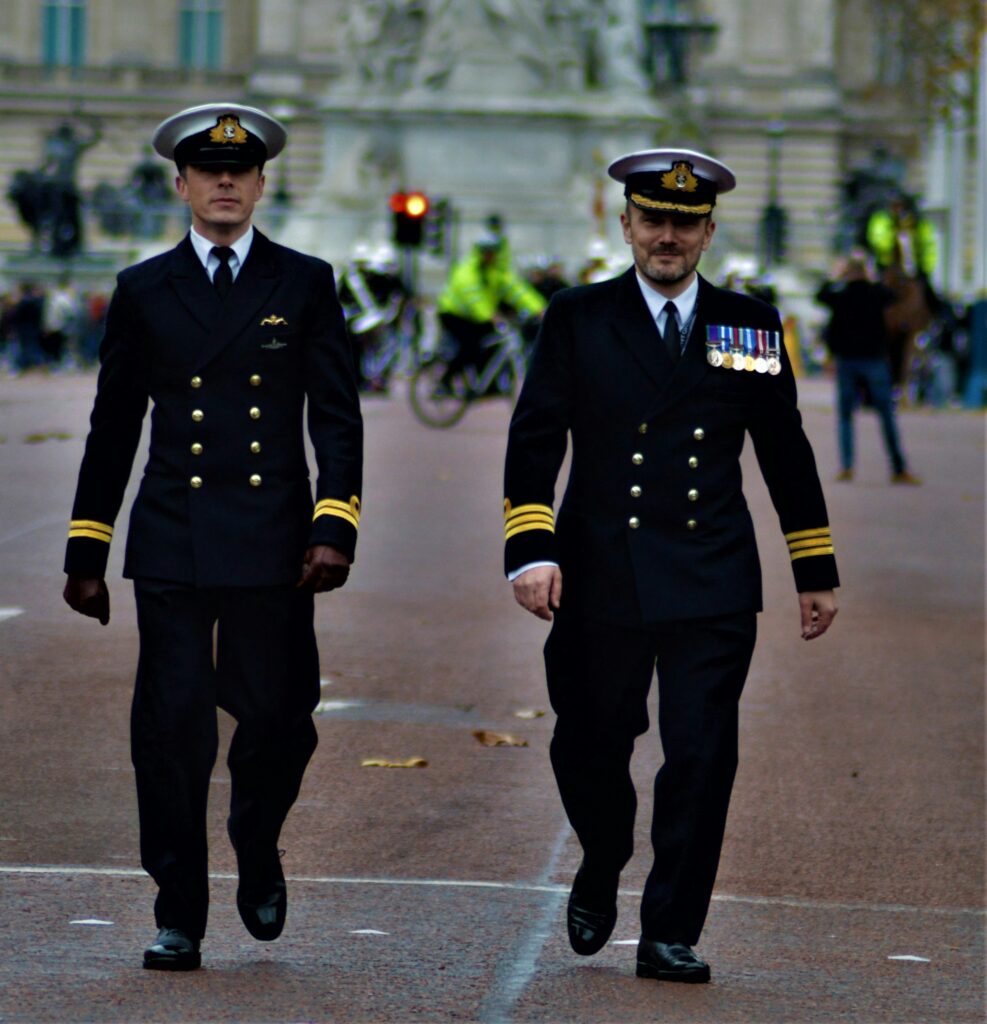
Key Responsibilities
Cyber Warfare Specialists are responsible for:
- Detecting and neutralising cyber intrusions
- Designing and executing digital countermeasures
- Supporting battlefield communications security
- Creating deception tools to mislead enemy sensors
- Mapping digital infrastructure of hostile states
- Protecting classified MOD systems from espionage
In practice, this may involve reverse-engineering malware, writing code that disables enemy drones, or defending against denial-of-service attacks targeting command centres.
Training and Entry Routes
Becoming a Cyber Warfare Specialist requires both technical expertise and military discipline. There are multiple entry routes:
1. British Army Cyber Engineer (Royal Signals)
- Basic training at Pirbright or Winchester
- Specialist cyber training at MOD Corsham and Blandford Camp
- Courses include:
- Network security
- Programming (Python, C++)
- Ethical hacking
- Digital forensics
- Cryptography
2. RAF Cyberspace Communication Specialist
- Trained at RAF Cosford
- Operates digital defence systems, satellite links, and cyber resilience protocols
- May work closely with NATO and Five Eyes cyber units
3. Direct Civilian Entry via NCF or Reserves
- Individuals with STEM degrees or IT backgrounds may apply for specialist roles
- Must undergo security vetting (DV clearance)
- Includes linguists, programmers, systems engineers, and even gamers
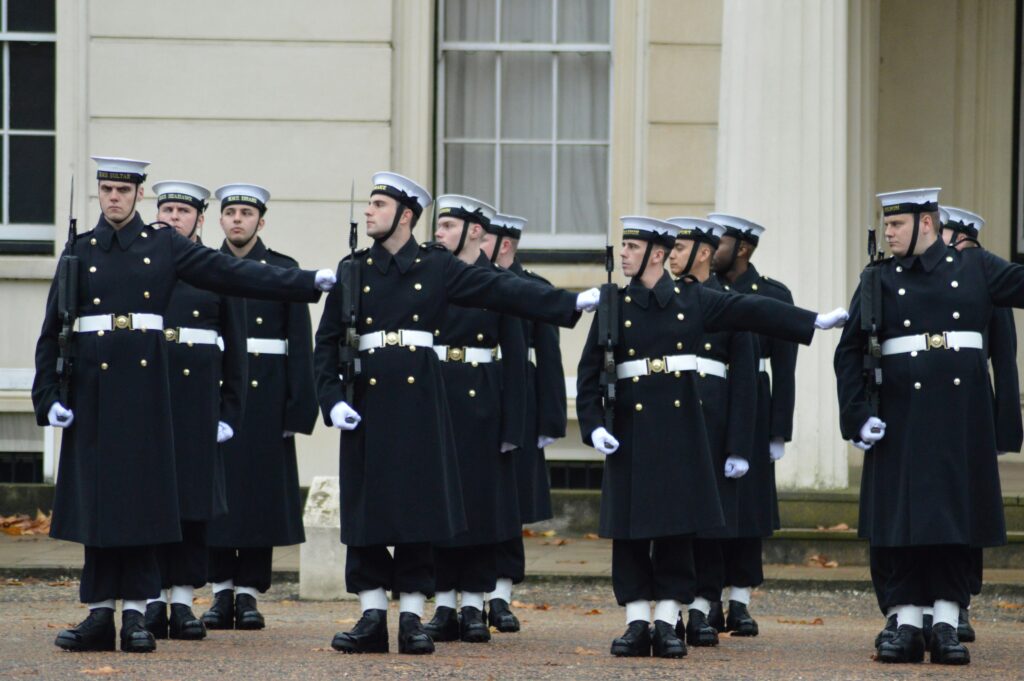
Tools and Technology
Cyber warriors use a variety of advanced digital weapons and platforms:
- Intrusion Detection Systems (IDS)
- SCADA/ICS simulators for targeting infrastructure
- Offensive security frameworks (e.g. Metasploit, Cobalt Strike)
- Deception and honeypot systems
- Custom-built malware for surgical targeting
- Encrypted military VPNs and satellite comms
They may also be embedded with intelligence units using tools like Palantir, SigInt trackers, or foreign language analytics to conduct cyber espionage.
Where Do They Operate?
Cyber operations are typically conducted from:
- MOD Corsham – home to UK’s cyber and comms nerve centre
- RAF Digby – signals intelligence base working with GCHQ
- Joint Cyber Units in the UK and deployed overseas
- Command hubs in active combat zones supporting operations
Much of their work is classified, but cyber specialists have supported real-world missions in Iraq, Ukraine, Syria, and the Indo-Pacific.
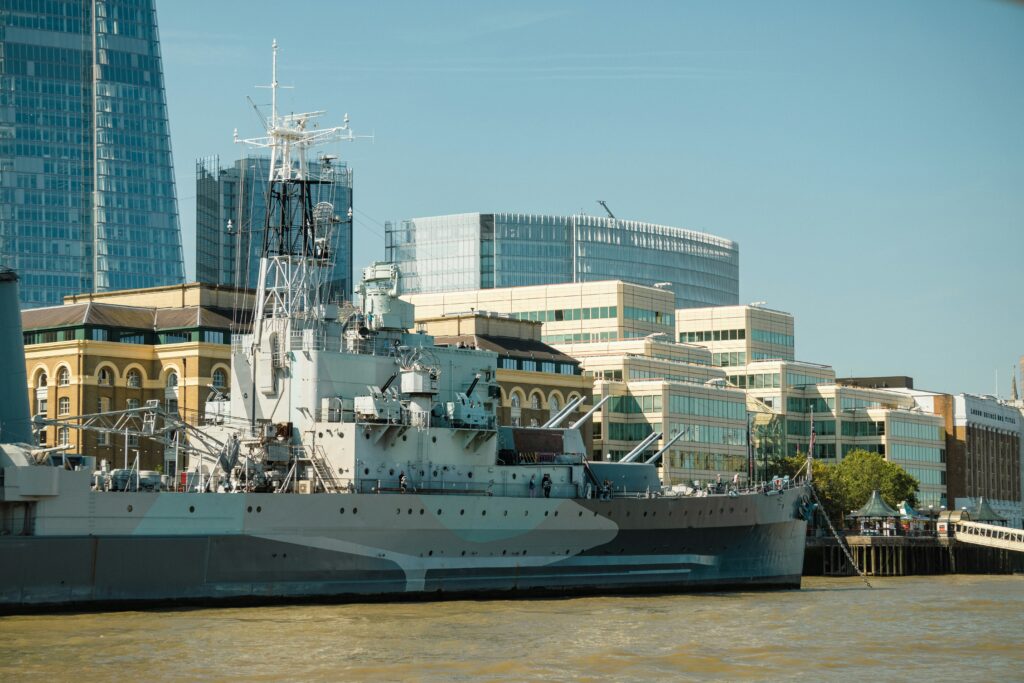
Case Study: Operation SHADOWWIRE (Fictionalized Composite)
During a 2024 NATO exercise, UK Cyber Warfare personnel detected a sophisticated malware injection aimed at GPS spoofing Royal Navy ships. Within 6 hours, UK cyber operatives:
- Contained and isolated the breach
- Deployed a counter-malware payload
- Identified the source server cluster in Eastern Europe
- Worked with GCHQ to disable the enemy C2 link
No ships were compromised. The incident showed how cyber specialists act as frontline defenders in modern military engagements.
Career Progression and Civilian Opportunities
Cyber Warfare Specialists can climb into:
- Cyber Officer roles in Defence Intelligence or GCHQ
- Senior technical leadership in Defence Digital or DSTL
- Joint Special Operations Cyber Cells
- Secondments to MI5/MI6
After military service, many enter high-paying roles in:
- Government (Home Office, NCSC)
- Big Tech (Amazon, Microsoft, Palantir)
- Cybersecurity firms (BAE Systems, Darktrace)
- Academia or consulting (PwC, Deloitte Cyber Risk)
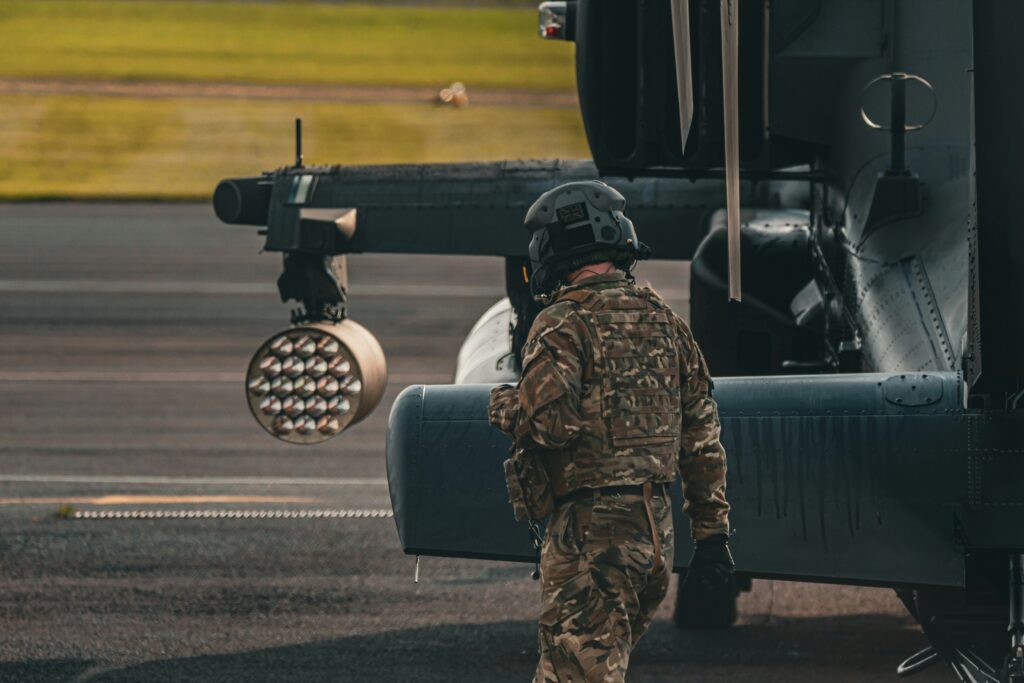
Salary and Benefits
- Basic Training Pay: ~£18,000
- Post-Training Specialist Pay: £30,000–£50,000+ depending on clearance and rank
- Bonuses: For technical certifications, overseas service, or classified projects
- Additional perks:
- Paid degrees and tech certifications (e.g. CompTIA, Cisco, CEH)
- Pension, housing support, and medical cover
- Clearance into highly classified roles with long-term career security
The Future of UK Military Cyber Power
With rising global tensions and AI-enabled warfare, the UK is investing billions into cyber operations. By 2030, over 5,000 full-time cyber roles are planned in MOD and NCF, including offensive hacking, quantum cyber defence, and space-based communications security.
Cyber Warfare Specialists are set to become some of the most strategically valuable personnel in the Armed Forces.
Conclusion
They may not wear camouflage or carry rifles, but Cyber Warfare Specialists are every bit as critical to the UK’s defence. They are the unseen guardians of military infrastructure, countering invisible threats with brainpower, code, and cyber resilience.
In an era where a few lines of code can disable a power grid or turn a drone against its operator, these digital warriors hold the keys to national survival in the 21st century.
